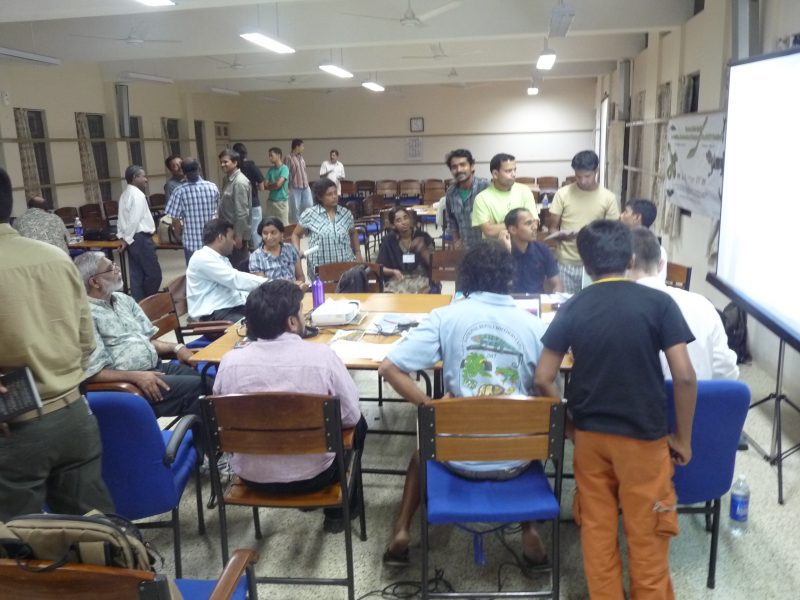
Risk assessment
Zooreach is involved in assessing the risk of extinction of species of animals and plants in South Asia and of primates around the world. Following the Conservation Planning Specialist Group’s prioritization process called the Conservation Assessment and Management Plan (CAMP) workshop, more than 10,000 species from various taxonomic orders have been assessed based on the IUCN’s Red List Categories and Criteria at the global and regional scales.
Interested in knowing more about each risk assessment? Click here for detailed reports.Currently underway — Tiger Beetle and Tarantula.
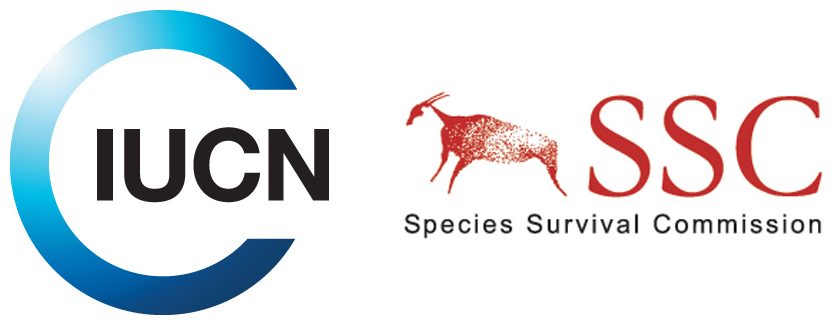

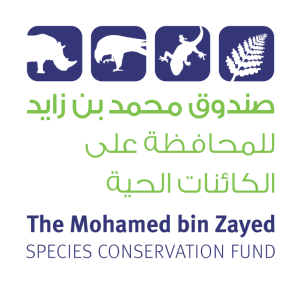
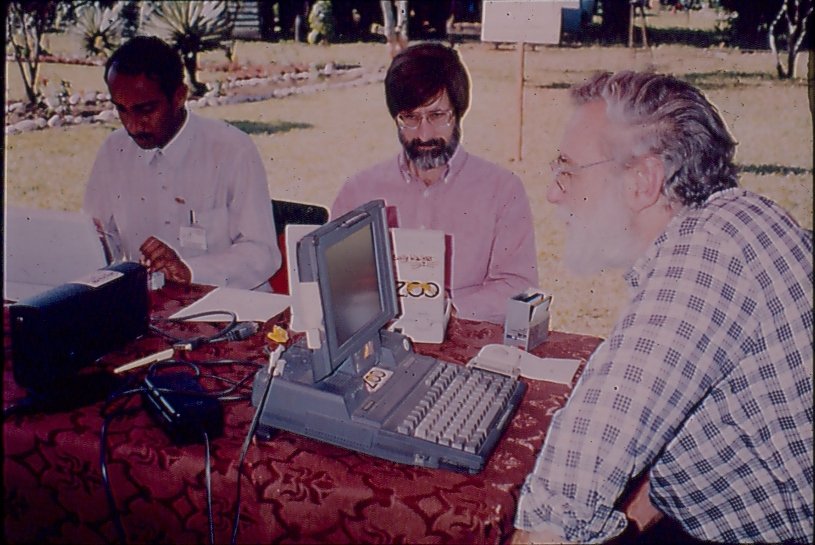
Conservation planning
To understand the needs of conservation for a threatened species the Conservation Planning Specialist Group - South Asia Regional Resource Centre has been involved in developing action plans using science-based population viability analysis tools and stakeholder inclusive participatory workshop called the Population Habitat Viability Assessment workshop. Several conservation action plans for species in South Asia are available if you wish to read more.
Currently underway — Arabian Wonder Gecko, Mahseer.



Chamba Restoration for Conservation of Species and Livelihood
Currently, the project aims to set up a nursery and restore the extremely neglected, poorly known, and deteriorated broad-leaf oak and pine forest habitat in Gajnoi in Chamba District, Himachal Pradesh, by partnering with local farmers to grow a mix of native fruiting trees and native vegetation to reduce crop-raiding by langurs, macaques, porcupines, and black bears.
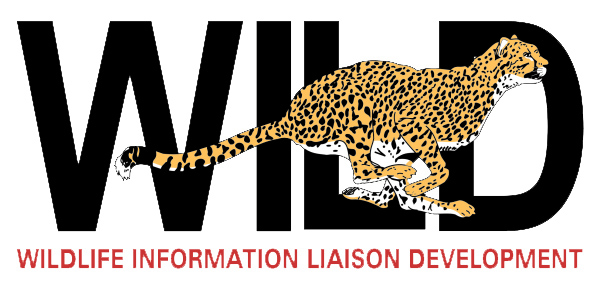

Wetland restoration at Nallusamy Checkdam and Sambrani Kuttai
Zoo Outreach Organisation, with support from BOSCH, is working on a wetland restoration project in Coimbatore. We're focusing on the Nallusamy Checkdam and Sambrani Kuttai in Keeranatham. Our goal is to bring these urban wetlands back to life and help people understand why they're important.
We finished the first phase of our project in March 2024. During this time, we studied the plants and animals living in the area and talked to local people about the wetlands.
Now, we're in the second phase of our project. The most exciting thing we're doing is creating Coimbatore's first native plant nursery. This nursery will grow plants that naturally belong in our local wetlands. These plants will be used to restore the area in the future.
We're also:
1. Keeping track of the wildlife in the wetlands
2. Teaching people about why wetlands are important
3. Involving BOSCH volunteers
Our project brings together scientists, local community members, and BOSCH volunteers.


Elasmobranch bycatch study leading to citizen science initiative in India
Globally, India is one of the top three nations in shark fisheries. 70 percent of sharks & rays are threatened in India. Given the scale of exploitation, we are currently working on a project, 'Elasmobranch bycatch study leading to citizen science initiative in India' facilitated by Centre for Public Policy Research and funded by U S Consulate General, Chennai as part of the Techcamp Small grants 22-23: A wave of change. The aim of this project is to build a network of locals along the Muttom, Colachel & Thengapattinam harbours in Tamil nadu coastline and train them to be educators cum citizen scientists to report sharks & rays landings in these harbours on the citizen science website for marine life of India, we will be developing. We are also conducting landing surveys to understand the sharks & rays species landed here and community surveys among the fisherfolks to understand their perceptions on the problems, dependency, & it's magnitude. We intend to use bottom-up approach & develop a co-management mechanism with the fisher communities to ensure a sustainable elasmobranch fisheries.

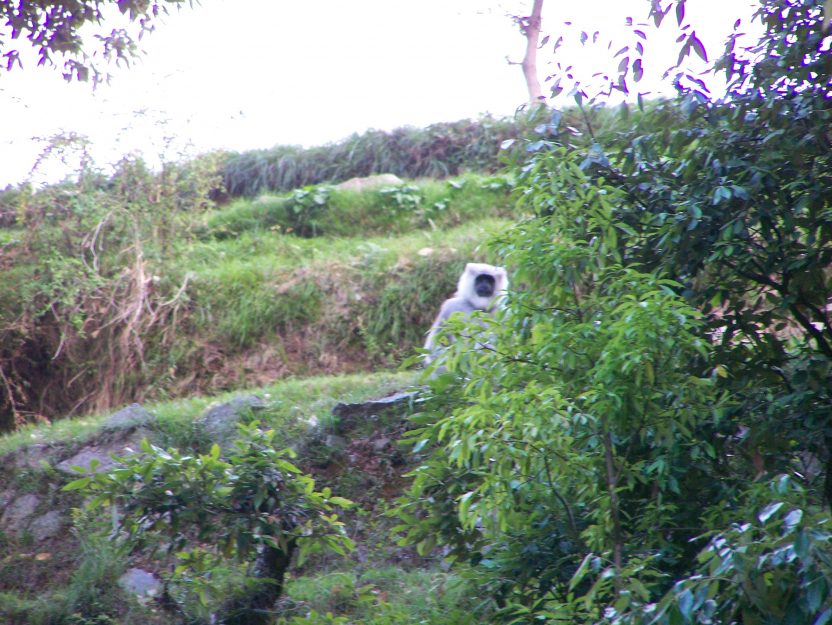
Sacred Langurs of Himalaya
We didn’t know enough about langurs in the Himalaya. The Chamba Sacred Langur known only from Chamba is fighting a battle against odds in the valley. We are now in the process of gathering evidence to understand their behaviors so as to reduce conflicts with farmers for their crops, and develop alternative management strategies so as to conserve both langurs and livelihoods.


Conservation of enigmatic aquifer-dwelling fishes of the Western Ghats
The Western Ghats Biodiversity Hotspot in southern peninsular India is known for its exceptional freshwater taxonomic assemblages. These habitats support 10 endemic species of aquifer-dwelling fish species, belonging to ancient Gondwanan origin and encompassing evolutionarily distinct lineages (four endemic genera and two endemic families). The current project will identify and map the micro-level distribution of the seven aquifer-dwelling subterranean species – their species-specific and location-specific threats, develop a citizen-science based network to generate information and create awareness to reduce human-subterranean fish conflicts.

LivelyWaters!
Conservation of our freshwater resources is possible by a concerted effort. LivelyWaters! is a call to all to participate in the science of understanding our freshwater ecosystems and working together to help save the resource, biodiversity and ecosystem, and have safe clean water. Visit this link to participate.

India's Ichthyological collections - Past & Future
The project aims to catalogue the Indian fish collection of Sir Francis Day at NHM – in particular poorly studied but commercially important and conservation-concern groups such as barbs (Cyprinidae) and catfishes (order Siluriformes) and to develop local capacity in advanced techniques such as fish radiography and nano-CT scanning (which are unavailable in India) and create a database of digitized x-ray and scan images of prioritized Indian fish species housed at NHM.

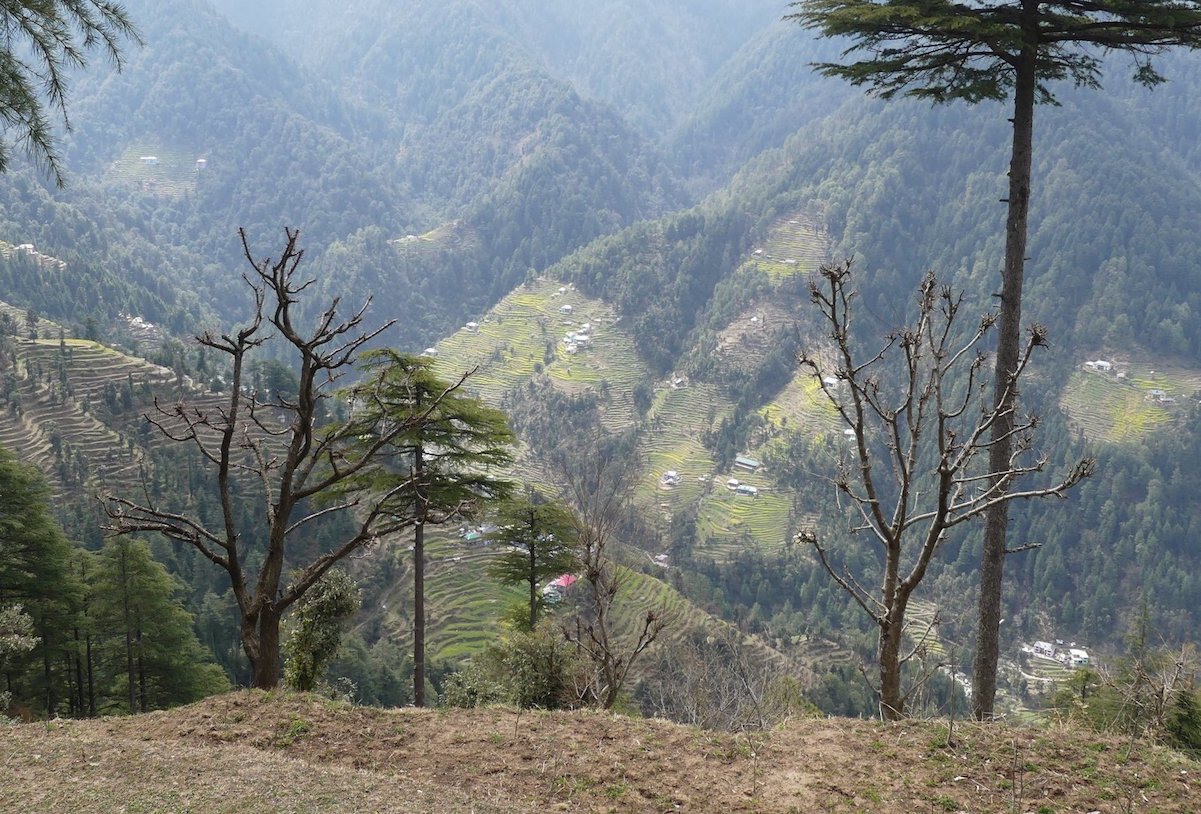
Mitigation strategies for human-animal negative interactions in western Himalayas
The valley of Chamba in western Himalaya, Himachal Pradesh is facing extensive habitat loss and degradation of forests due to the cultivation. The original forests were home to the endemic Chamba Sacred Langur, The Himalayan Black Bear, and the Himalayan Porcupine which are now restricted to isolated forest patches amongst the agriculture landscape. All the three native species are severely affected by habitat loss and movement of these species between isolated fragments results in interactions with humans. Lack of food plants and natural feed in the small fragments forces the animals to raid crops leading to negative human-wildlife interactions. This project aims to develop strategies to mitigate these problems by working closely with the local communities in raising awareness and building cooperative corridors for wildlife movement.

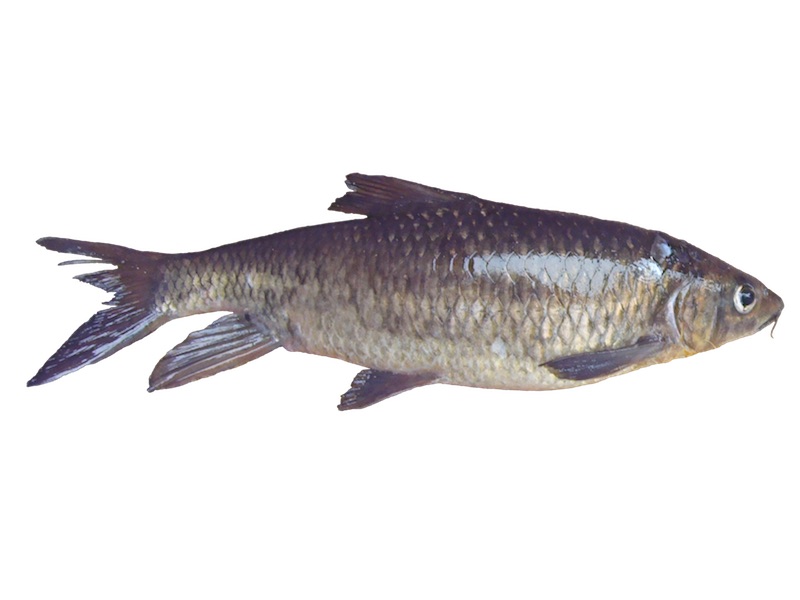
Impact of floods on freshwater fish diversity of Kerala
Project to study the impacts of the catastrophic floods on single location endemic freshwater fish species of Western Ghats. The project aims to understand their current population status (abundance and health) as well as changes to their microhabitats. This would provide us with baseline data to inform and develop appropriate habitat improvement and species conservation measures which can then be taken up by local, national and international conservation organizations and government organizations.

Indian AZE
AZE or the Alliance for Zero Extinction identifies and conserves species that have the highest risk of extinction (Critically Endangered or Endangered, and restricted to a single location of threat and management). The Indian AZE collaborates with the risk assessments conducted in country and prioritizes species for conservation.

Impacts on Elephants
Coimbatore is surrounded by elephant home ranges and with human-elephant conflict zones. We are involved in building awareness to the locals based on the knowledge gained on issues such as socio-economy, crop and property damage, human and elephant deaths and tolerance levels of locals.


Cool Cucumbers!
They are the recyclers of the sea bed, the earthworms on the sea floor, the millipedes of the bottom of the sea. All in one and one in all! And, they are under threat from habitat destruction, destructive fishing practices, and from over exploitation for food and traditional medicine abroad. Zooreach is involved in understanding livelihood dependence on this group and the impacts of such dependence on their long-term status.


Pangolins in Tamil Nadu
Closer to home, we are involved in understanding the distribution of one of the world’s most threatened mammals, the scaly anteater, in Tamil Nadu. We are following up on a systematic method to clarify the preliminary informal information on their distribution and use by the locals through surveys and wider citizen participation, followed by awareness in nine Western Ghats districts of the state.


Art for Conservation and Climate Crisis
Art is an extremely powerful medium that has been used very effectively in the past to communicate social and environmental issues. Understanding this, we at Zooreach, have launched the art for conservation project on 1 September 2023 with support from the US Consulate General to communicate the interconnected global problems of climate crisis and species loss that is destabilising human lives everywhere! Our approach is to collaborate with expert/experienced artists to build and train budding artists through workshops to create effective artworks based on sound science that will create awareness and encourage wildlife conservation and climate action to bring people from various streams and demographics into the fold to amplify impact. The final culmination will be an exhibition of all these artworks and bringing together other wildlife artists! .
Donate to conserve
Support our conservation mission. Be a part of the movement to bring back species from the brink. Help our living planet remain healthy. Join in by donating to Zooreach.
Volunteer or Intern
The future of our living planet is in the hands of the youth to effect a change. Zooreach helps the young and young-minded with opportunities to help build a platform for saving species and habitats from going extinct. We transform the youth with innovations, training, skills and science to develop into a force for positive change to the environment as a whole and communities at risk.
Be a citizen scientist
You can be a scientist whether you are a student or a concerned citizen. You don't need a degree in any biological sciences to be a part of this quest to save our living world; all you need is to actually want to save it, a dash of interest, a sprinkle of curiosity, and the absolute will to make a difference. Join our citizen science programs.



